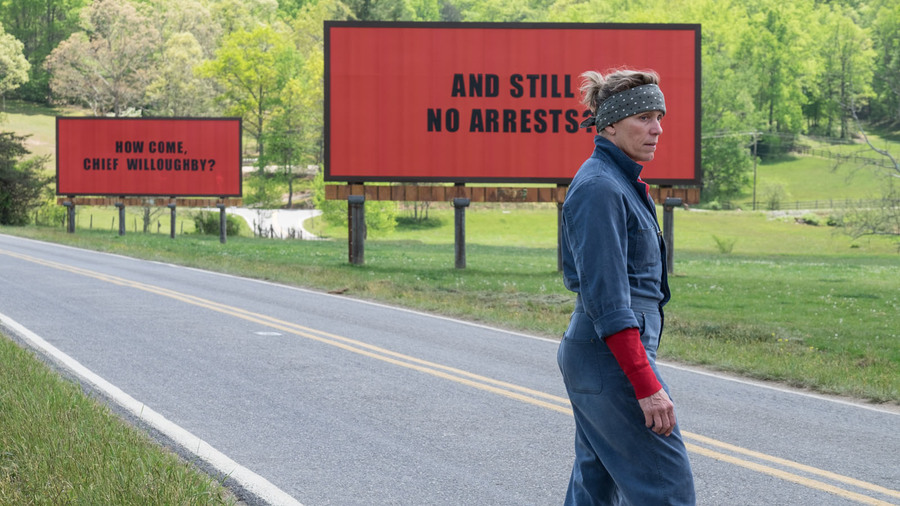The case for Barry Jenkins’ If Beale Street Could Talk to win Best Picture at the 2019 Academy Awards…

by: Maggie Sachson
Something fascinating happened when I went to see Barry Jenkins’ film adaptation of the stellar James Baldwin novel, If Beale Street Could Talk. In just seconds into the opening scene, I was quickly captivated by the opulent colors and entrancing music as I watched the film’s two protagonists, Tish and Fonny, stroll through an autumnal park in New York City. The two lovers hold hands and exchange a number of warm glances. With barely any words spoken, I was able to gauge the wholesomeness and beauty of their love. It quickly became evident that I was going to be completely transported and wholly immersed by the artistry of Jenkins’ masterpiece. Beale Street swept me away to a world in which everything seemed so hopeless, yet hope, strength, and optimism were still present and in this all-consuming place, I experienced a complete sensory overload that I will soon not forget.
If Beale Street Could Talk follows the 1970’s New York City love story of Fonny and Tish, played by Stephan James and Kiki Layne respectively. Fonny and Tish were childhood friends before they became lovers, so their love is rooted in a deep comfort and an understanding of one another. With tight close-ups of the lovestruck couple’s gazes and long shots of their embraces, Jenkins intimate direction draws you deep into the warmth of their affection, allowing you to feel their love to its very core. With a fondness so pure and authentic, even the most ardent of cynics would yearn for the best for our beautiful protagonists. Unfortunately, we learn early in the film that Fonny and Tish are communicating through a security glass window, after Fonny has been wrongfully accused of rape and imprisoned. The heartbreak only intensifies when Tish announces to Fonny that she is pregnant. Although there is the joy of knowing he is going to be a father, it becomes apparent that Fonny is struggling to exude happiness when he is behind bars and falsely accused.
Though If Beale Street Could Talk is set in the 70s, Barry Jenkins is able to weave in critiques of injustice which have become all too familiar for black men (and families) in America. From voter suppression to their unfair and disgusting treatment by law enforcement to the school-to-prison pipeline for people of color, institutionalized racism is unfortunately as American as apple pie, and its pulse beats throughout this film. The sole reason why Fonny is incarcerated is because of a crooked cop who wants nothing but to see him behind bars. With targets on the back of African Americans, in particular men, the viewer begins to wonder how Fonny stands a chance at freedom and fairness in a country built on white supremacy. Even with the help of family, friends, and an expensive lawyer, one can’t help but start to lose hope for Fonny and Tish. That being said, their family, in particular Tish’s, steps up and goes the extra mile to prove the innocence of the father to be. Tish’s mother, Sharon, played ever so perfectly by Regina King, is the epitome of a strong woman and a supportive mother who knows that no matter what, you do what needs to be done for family and for love. Mrs. Hunt, Fonny’s mother (played brilliantly by Aunjane Ellis), is the complete opposite and shows no sort of support for the young parents. I personally loved the juxtaposition between the two mothers, both strong in their convictions, but with only one clearly doing what is right for Fonny and Tish.
One of the most harrowing scenes in the film was a flashback to Fonny and his friend, Daniel, played by the absolutely incredible Brian Tyree Henry, having a drink after he was released from prison. Although in good spirits at first, when Daniel starts to allude to his experience in prison (“They can do with you whatever they want” he says hauntingly), we see a pain and terror in his face that can only convey the agonizing conditions, frightening experiences, and atrocious injustices that many black men face while incarcerated. In this way, Jenkins drives home — profoundly — the feeling of anger, helplessness, and pain, that black people in this country feel daily.
Backed by a cast of all-star actors and masters of their craft, If Beale Street Could Talk is a moving masterpiece that is Oscar-worthy every step of the way. With stunning cinematography by James Laxton, employing lush colors to intensify every land and city scape as well as a magical and apropos score by Nicholas Britell, the timeless story of If Beale Street Could Talk tells so truthfully and beautifully the power of love in the face of injustice. As Sharon Rivers says to Tish, “…love brought you here. If you trusted love this far, don’t panic now. Trust it all the way.”





